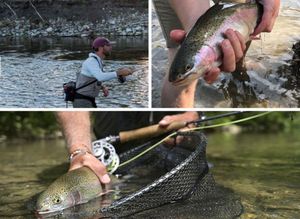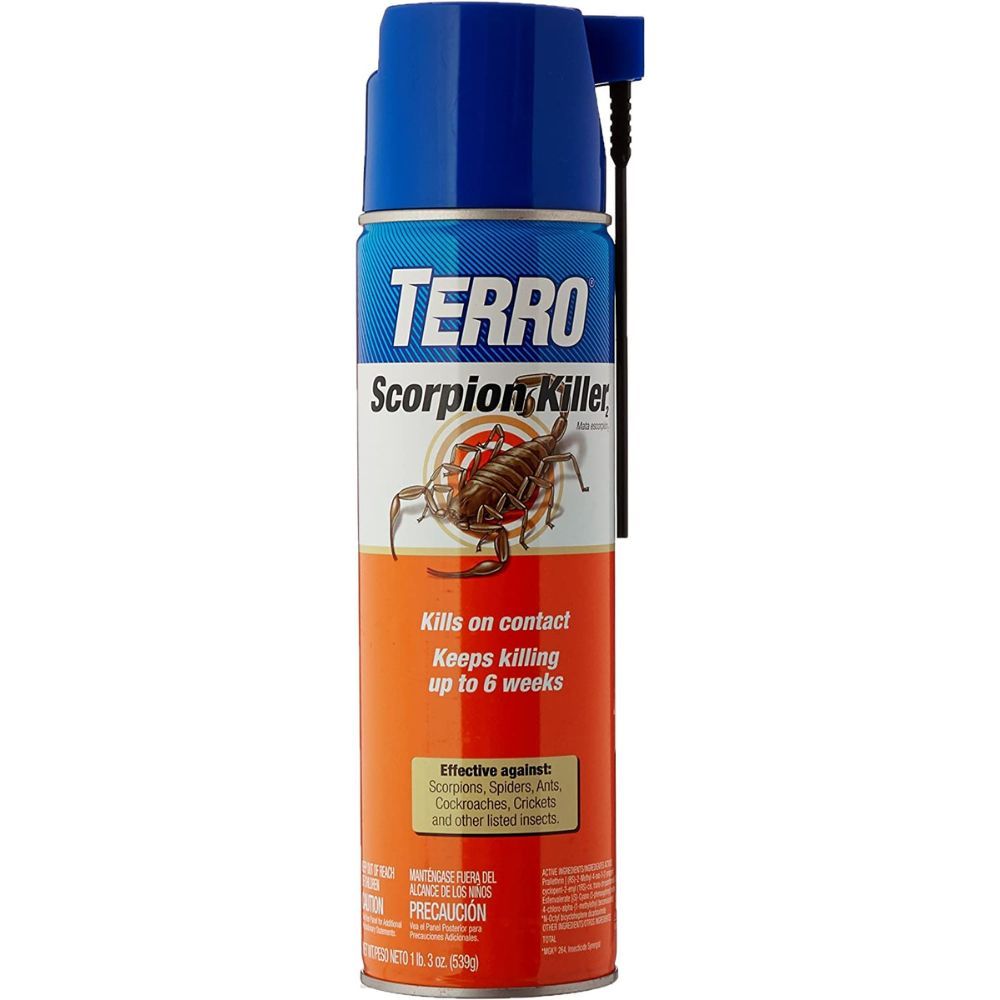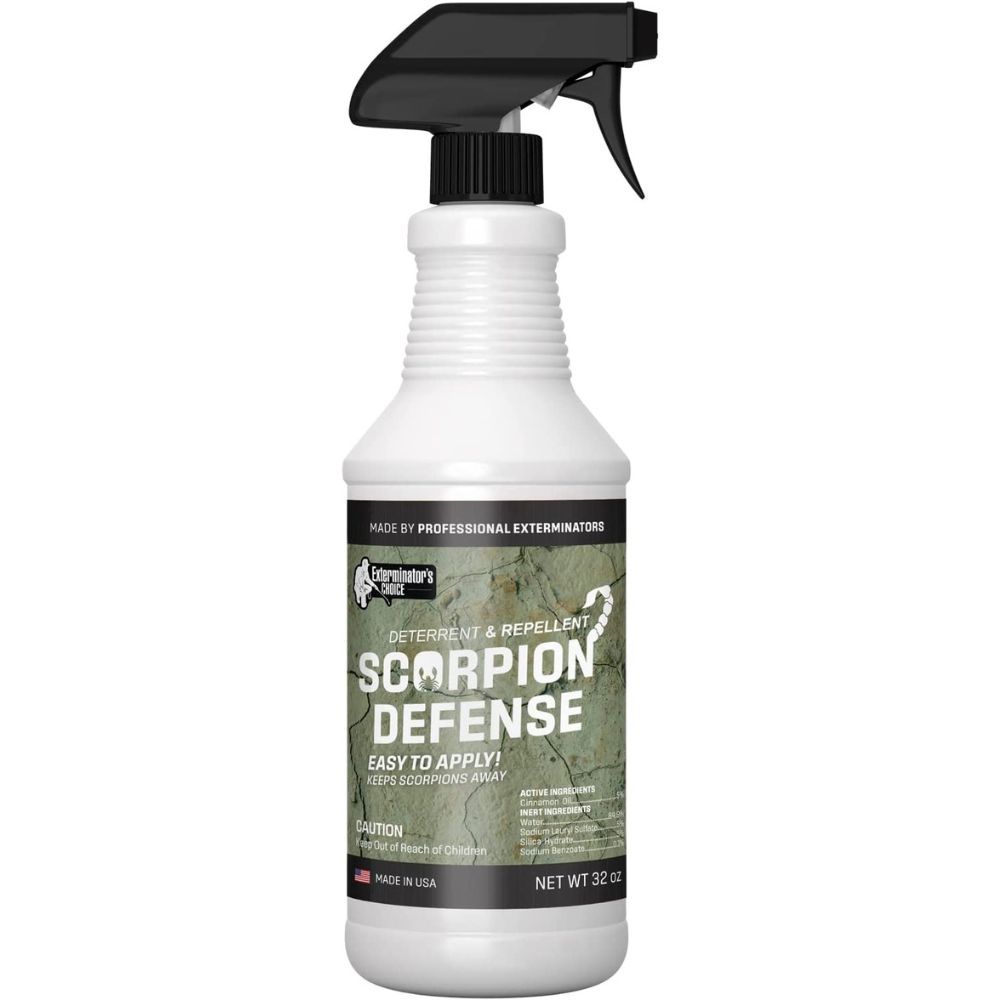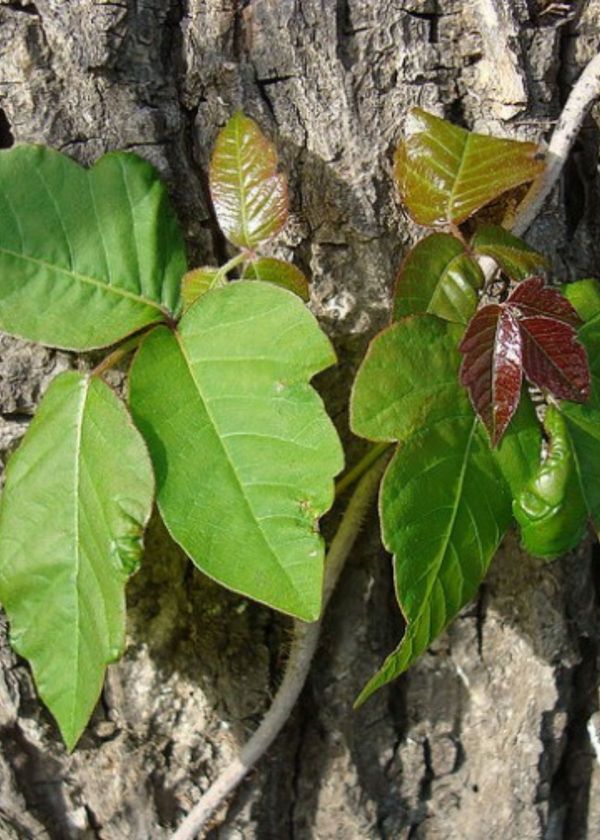If you're planning a trip to the desert, it's important to be aware of the dangers that scorpions pose. These venomous creatures can be found in many parts of the world, and they are particularly common in hot, dry climates. In this article, we will discuss how to avoid being stung by a scorpion, as well as what to do if you are unfortunate enough to get stung.
1. What are scorpions and where do they live?
Scorpions are arachnids, which means they are related to spiders, mites, and ticks. There are about 1,500 species of scorpions, and they can be found all over the world.
Most scorpions are nocturnal predators and hunt at night for insects, spiders, and other small creatures. They use their long tails to deliver a painful sting that paralyzes their prey.
Scorpions are also equipped with sharp claws that they use to grab and hold onto their prey. Some species of scorpion can also spray a venomous chemical from their stingers.
Although most scorpions are harmless to humans, there are a few species that can deliver a deadly sting.
Scorpions are most commonly found in tropical and desert climates. In the United States, they are mostly found in the southwestern states, such as Arizona and California.
Scorpions can also be found in parts of Asia, Africa, and Australia. These creatures are well-adapted to living in dry environments and can often be found hiding under rocks or in crevices during the day to escape the heat.
At night, they come out to hunt for food. Scorpions usually lay their eggs in underground burrows or crevices. The young scorpions, called "scorplings," emerge from the egg sac after about two weeks. They are small and vulnerable at this stage, but they grow quickly and molt several times before reaching adulthood.
Scorpions are most active during the spring and summer months, when temperatures are warm. However, they can be active at any time of year, even in winter. In cold weather, scorpions may become sluggish and less active, but they can still sting if they feel threatened.
2. How do scorpions sting people and what are the effects of a sting?
Scorpions are fascinating creatures that have a well-earned reputation for being deadly. Although they are found all over the world, they are most commonly associated with desert regions.
While most scorpions are harmless to humans, some species can deliver a powerful sting that can be fatal. So how do these creatures sting people, and what are the effects of their venom?
Scorpions have a stinger located at the end of their tail that they use to inject venom into their prey. When they sting humans, the venom causes intense pain and swelling at the site of the wound. In some cases, the sting can also lead to nausea, vomiting, and muscle cramps. In rare instances, a scorpion sting can trigger an allergic reaction that can be life-threatening.
Fortunately, there are now effective treatments available for scorpion stings. If you are ever stung by a scorpion, it is important to seek medical attention immediately. With prompt treatment, the vast majority of people make a full recovery from even the most severe scorpion sting.
3. What to do if you're stung by a scorpion
Being stung by a scorpion can be a painful and frightening experience. Luckily, there are some things you can do to ease the pain and reduce the risk of complications.
If you're stung by a scorpion, the first thing you should do is remove the stingers. Scorpions have two stingers that are located at the base of their tails. Using a tweezers or your fingers, carefully pull out the stingers.
Once the stingers are removed, wash the area with soap and water to help prevent infection. You can also apply a cold compress to the site of the sting to help reduce swelling.
If you start to feel dizzy or lightheaded, seek medical attention immediately as this could be a sign of an allergic reaction.
With proper treatment, most people recover from a scorpion sting without any lasting effects.
4. How to avoid being stung by a scorpion
Scorpions are one of the most feared creatures in the desert. With their large claws and long, poisonous tail, they can be a formidable opponent.
However, there are a few simple steps you can take to avoid being stung by a scorpion.
First, wear long pants and long-sleeved shirts when hiking or camping in areas where scorpions are known to live.
Second, avoid touching scorpions with your bare hands. If you must handle them, use gloves or a tool.
Finally, be careful when moving rocks or logs, as scorpions often hide under them. By following these simple precautions, you can enjoy the desert without having to worry about being stung by a scorpion.
5. Tips for keeping your home scorpion-free
Scorpions are one of the most feared pests, and for good reason. These venomous creatures can cause serious medical problems, and their sting is extremely painful. However, scorpions are also relatively easy to control. Here are a few tips for keeping your home scorpion-free:
First, make sure to seal any cracks or openings in your home. Scorpions can squeeze through incredibly small spaces, so it's important to caulk any gaps around doors and windows.
Second, keep your yard tidy and free of debris. Scorpions love to hiding in piles of leaves or wood, so regular yard clean-ups can help discourage them from taking up residence on your property.
Finally, consider using a pest control service. A professional can help identify potential problem areas and offer advice on the best way to keep scorpions away from your home.
By following these simple steps, you can help prevent scorpions from making themselves at home in your house.
In Conclusion
While scorpions may seem dangerous, there are a few simple steps you can take to keep yourself and your loved ones safe.
Make sure you always shake out your camping gear and clothes before getting in the car, and check around your campsite for any telltale signs of these arachnids.
If you do happen to get stung, remain calm – the pain will eventually subside.
Most importantly, don’t panic if you see a scorpion – just remember these easy tips and you’ll be fine! Here are some simple products on Amazon that you might want to check out:












